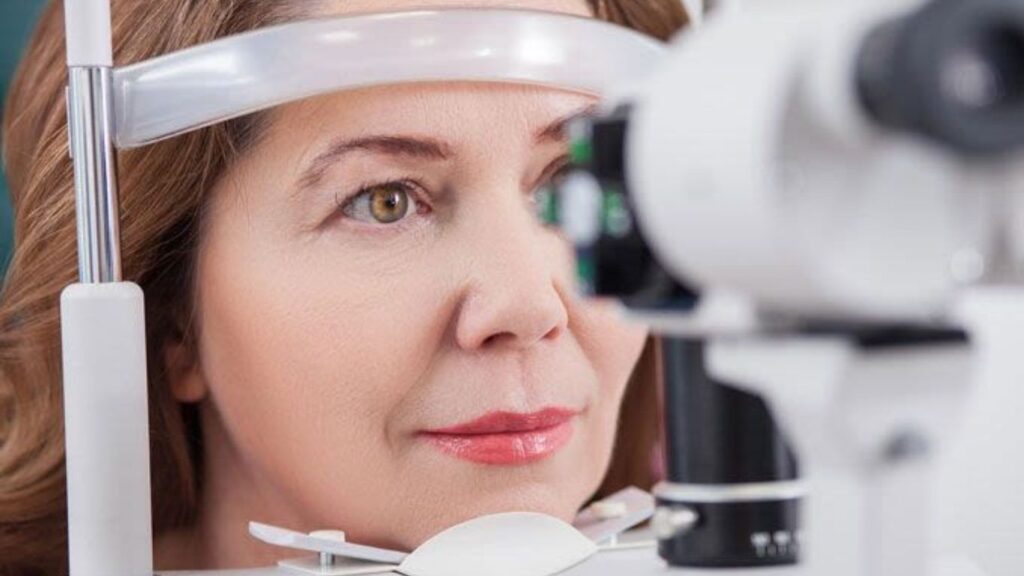Maintaining good vision is crucial for overall well-being and quality of life. With increasing screen time and exposure to environmental stressors, eye health can often be compromised. While corrective lenses and surgeries are common solutions, many people are exploring natural ways to enhance their eyesight. This blog delves into six effective methods to naturally improve your vision, from dietary adjustments to simple eye exercises. By incorporating these strategies into your daily routine, you can support your eye health and potentially reduce the need for corrective measures. Discover how a holistic approach can lead to clearer, sharper vision and better eye health over time.
6 Ways to Increase Your Eyesight Naturally
1. Maintain an Eye-Friendly Diet
A balanced diet rich in essential nutrients is fundamental for eye health. Vitamins A, C, and E, along with minerals like zinc, play significant roles in maintaining good vision.
- Vitamin A: Essential for the retina’s function and night vision, vitamin A can be found in foods like carrots, sweet potatoes, and spinach.
- Vitamin C: This antioxidant helps reduce the risk of cataracts and macular degeneration. Sources include citrus fruits, strawberries, and bell peppers.
- Vitamin E: Found in nuts, seeds, and leafy greens, vitamin E protects eye cells from damage caused by free radicals.
- Omega-3 Fatty Acids: These are vital for retinal health and can be sourced from fish like salmon, tuna, and sardines (All About Vision) (Vision Center).

2. Perform Regular Eye Exercises
Just like the rest of your body, your eyes benefit from regular exercise. Eye exercises can help improve focus, reduce eye strain, and promote better vision.
- Palming: Rub your hands together to generate heat and place your palms over your closed eyes, allowing them to relax.
- Eye Rolling: Look up and roll your eyes in a circular motion; repeat in the opposite direction.
- Focus Shifting: Focus on a distant object for 30 seconds, then shift your focus to a near object. Repeat several times (eMediHealth) (Doctor Omar Chughtai).

3. Follow the 20-20-20 Rule
In today’s digital age, prolonged screen time is a common issue, often leading to digital eye strain, characterized by blurred vision and discomfort. An effective strategy to alleviate these symptoms is the 20-20-20 rule. This simple yet powerful technique involves taking a break every 20 minutes to look at an object at least 20 feet away for 20 seconds. Implementing this practice can significantly reduce eye fatigue and refresh your vision, making it easier to maintain focus and comfort during extended periods of screen use. Regularly following the 20-20-20 rule can help maintain healthier eyesight and improve overall visual comfort.
4. Protect Your Eyes from Harmful Light
Exposure to ultraviolet (UV) light and blue light from electronic devices can harm your eyes. Protecting them from these lights is crucial.
- Wear Sunglasses: Choose sunglasses that block 100% of UV rays to protect your eyes from sunlight.
- Use Computer Glasses: These glasses can filter out harmful blue light from screens, reducing digital eye strain (CureJoy) (Vision Center).

5. Get Regular Eye Exams
Regular eye exams play a crucial role in maintaining optimal eye health and detecting potential vision problems at an early stage. By scheduling routine check-ups, you ensure that any issues such as refractive errors, like myopia or astigmatism, are promptly identified and addressed. Eye doctors not only offer personalized advice tailored to your specific needs but can also prescribe corrective measures, such as glasses or contact lenses, to enhance your vision. Additionally, these exams are vital for the early detection of more serious conditions, including glaucoma, cataracts, and age-related macular degeneration.
Identifying these conditions early can significantly improve the effectiveness of treatment and management, potentially preventing more severe vision loss. Regular visits to your eye care professional ensure that any changes in your vision are monitored closely, helping you maintain healthy eyesight and overall well-being. By prioritizing regular eye exams, you take a proactive step in preserving your vision and eye health for the long term.

6. Practice Good Sleep Hygiene
Adequate sleep is essential for maintaining overall health, including eye health. When you don’t get enough sleep, your eyes can become strained and dry, leading to discomfort and potential vision problems. Chronic sleep deprivation can even result in more severe conditions, such as anterior ischemic optic neuropathy, which can cause significant vision loss. To ensure your eyes are well-rested and function optimally, aim for 7-8 hours of quality sleep each night. Proper sleep not only helps your eyes recover from daily strain but also supports their long-term health and performance, reducing the risk of developing serious eye conditions. Prioritize good sleep hygiene by creating a consistent bedtime routine, reducing screen time before bed, and ensuring your sleeping environment is comfortable and conducive to rest. This way, you can enjoy clearer, healthier vision and overall better health.

Conclusion
Improving and maintaining good eyesight naturally involves adopting a holistic approach that includes a nutritious diet, regular eye exercises, protective measures, and adequate rest. By integrating these practices into your daily life, you can enhance your vision and minimize the risk of eye-related issues. Ensure to seek personalized advice and routine check-ups from an eye care professional to keep your eyes healthy and robust.
Also read: Vision for Life: Long-Term Benefits of Regular Eye Check-ups
